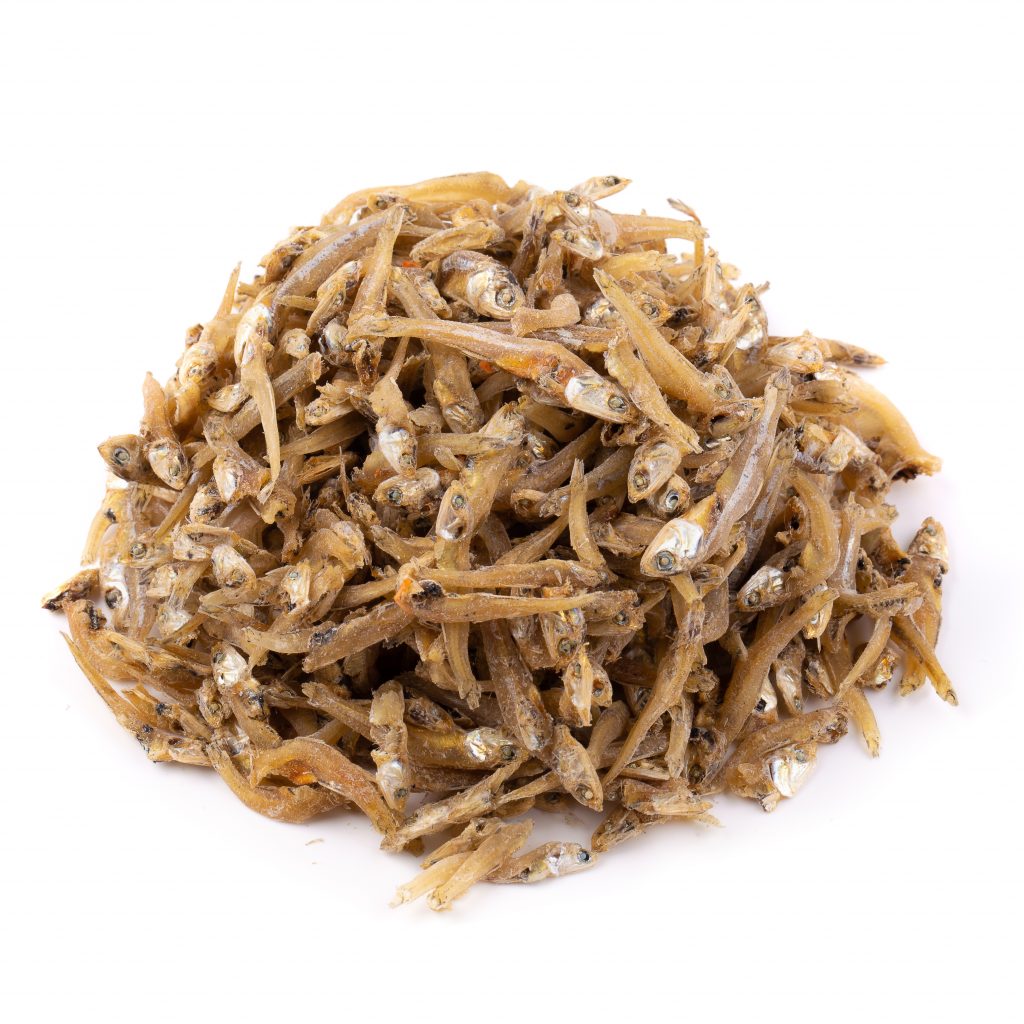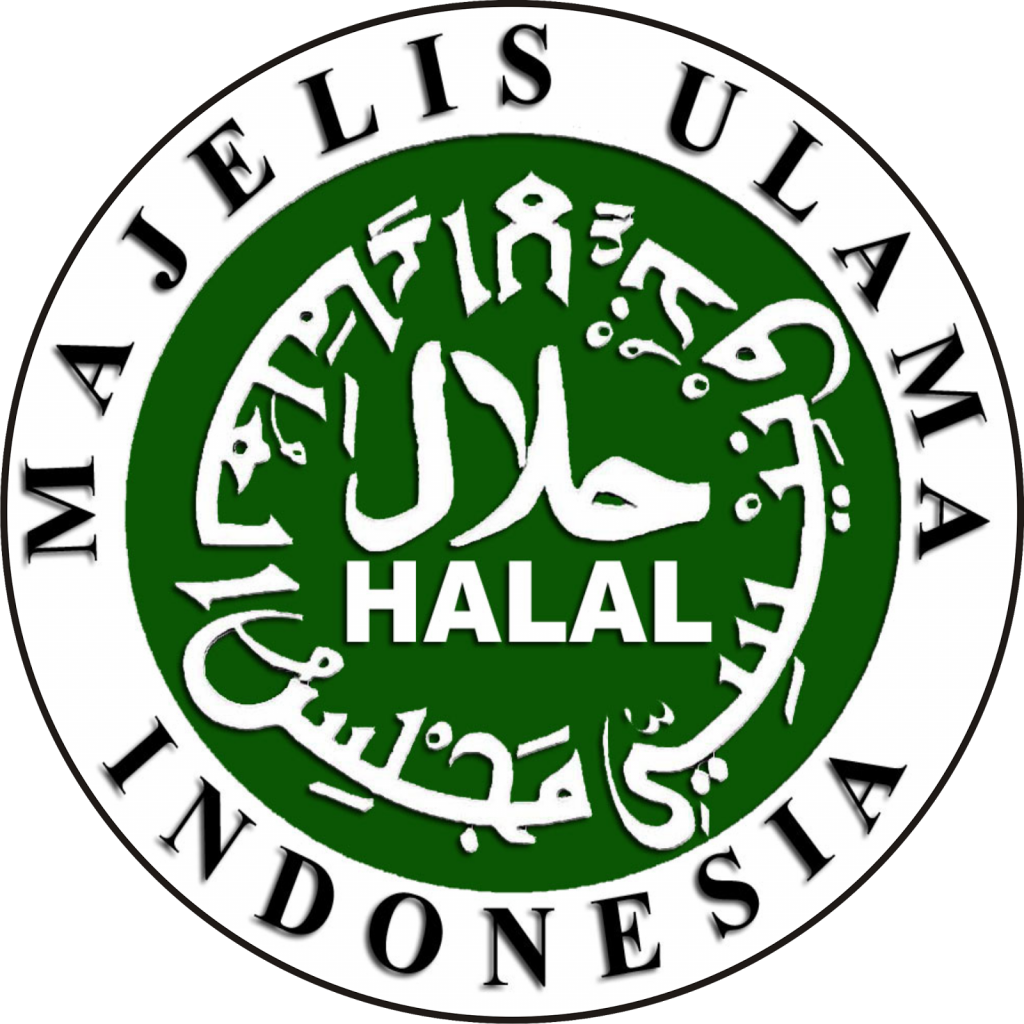Ikan bilis, commonly known as dried anchovies, is a staple in Southeast Asian cuisine, especially in Singapore. Despite their small size, these fish are packed with essential nutrients. This article delves into what ikan bilis is, its health benefits, how it differs from similar fish like ikan bilih, and tips on selecting premium quality products, such as those offered by Crystal of the Sea.
Contents
Understanding Ikan Bilis
Ikan bilis refers to small, silver-colored saltwater fish from the Engraulidae family. In Singapore, they are typically cleaned, boiled in saltwater, and sun-dried, resulting in a savory and umami-rich ingredient used in various dishes like nasi lemak and sambal. It’s important not to confuse ikan bilis with ikan bilih, a freshwater fish endemic to Lake Singkarak in West Sumatra, Indonesia. While both are small fish, they differ in habitat, species, and culinary uses.
Types of Ikan Bilis
There are primarily two types of ikan bilis available in the market:
1. White Anchovy (Silverfish)
Known for its milder flavor and higher DHA (a type of Omega-3 fatty acid) content, white anchovy is ideal for promoting brain development, especially in children.
2. Brown Anchovy (Ikan Bilis Coklat)
This variety has a stronger taste and is exceptionally rich in calcium, making it beneficial for bone health.
Nutritional Profile of Ikan Bilis
Ikan bilis is a nutrient-dense food, offering a range of health benefits:
- High Protein Content: Essential for muscle repair and growth.
- Rich in Omega-3 Fatty Acids: Supports heart health and reduces inflammation.
- Calcium: Strengthens bones and teeth.
- Iron and Zinc: Boosts immune function and energy levels.
- Iodine: Supports thyroid function.
Consuming whole ikan bilis, including the head and bones, ensures maximum nutrient intake.
Health Benefits of Ikan Bilis
Regular consumption of ikan bilis can offer several health advantages:
- Supports Brain Development: DHA content aids cognitive functions.
- Enhances Bone Health: High calcium levels contribute to bone density.
- Boosts Immune System: Rich in essential minerals like zinc and iron.
- Promotes Heart Health: Omega-3 fatty acids help maintain cardiovascular health.
It’s advisable to consume ikan bilis in moderation due to its sodium content, especially if it’s salted during processing.
Choosing Premium Quality Ikan Bilis
When selecting ikan bilis, consider the following factors to ensure premium quality:
- Size and Appearance: Larger, uniformly sized fish with a silvery sheen indicate freshness.
- Processing Method: Products processed using dehydration methods retain more nutrients compared to those baked or fried.
- Purity: Opt for products that are free from additives, preservatives, and have undergone thorough cleaning processes.
Crystal of the Sea offers high-quality ikan bilis products that meet these criteria, ensuring both taste and nutritional value.
Read More : 8 Essential Nutrients For The Optimal Development Of Your Child – are you feeding your kids well?
Ikan Bilis in Singaporean Cuisine
In Singapore, ikan bilis is a versatile ingredient found in various dishes:
- Nasi Lemak: Served fried and crispy as a topping.
- Sambal Ikan Bilis: Cooked in a spicy chili paste.
- Soups and Broths: Used to enhance umami flavor.
- Snacks: Combined with nuts or coated for a crunchy treat
Its rich flavor and nutritional benefits make it a favorite among locals.
Conclusion
Understanding what ikan bilis is and its health benefits can help you make informed dietary choices. Incorporating this nutrient-rich fish into your meals can contribute to overall well-being. For those seeking premium quality, Crystal of the Sea provides products that are both delicious and nutritious.
Sources:
- https://www.webmd.com/diet/health-benefits-anchovies
- https://www.healthline.com/nutrition/anchovy-nutrition
- https://www.malaymail.com/news/malaysia/2015/05/30/study-ikan-bilis-is-good-for-you-but-dont-clean-them/905995
- https://crystalsea.sg/blog/how-is-our-dried-ikan-bilis-uniquely-different/
- https://lilo.com.sg/blogs/is-ikan-bilis-powder-good-for-babies-elderly/what-is-the-difference-between-ikan-bilis-white-bait






